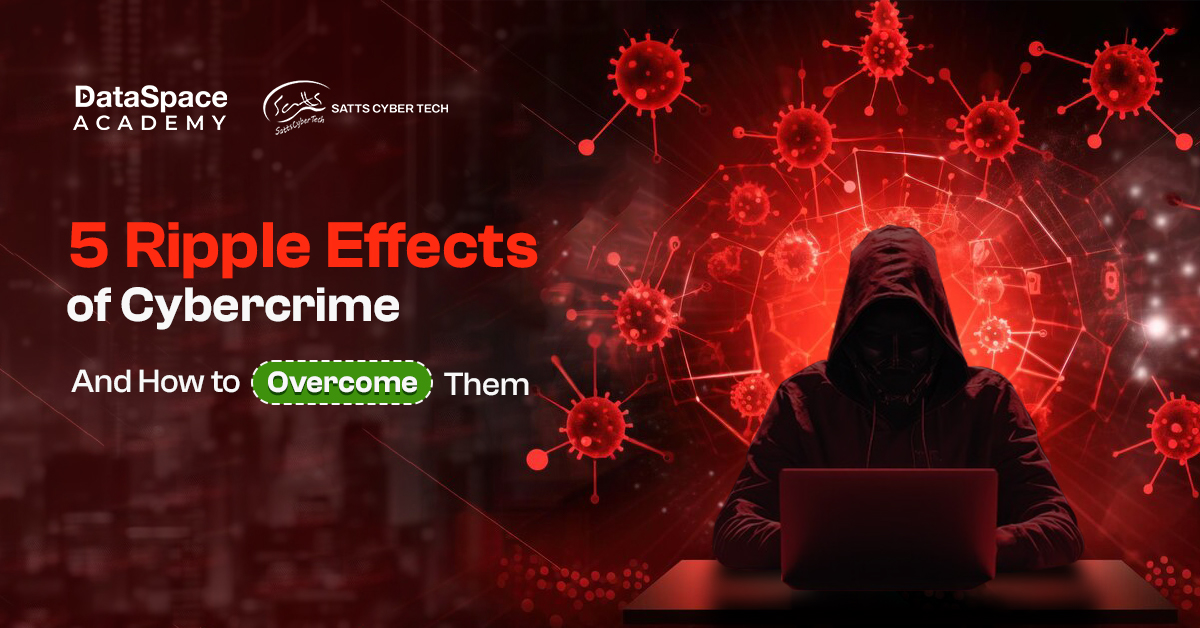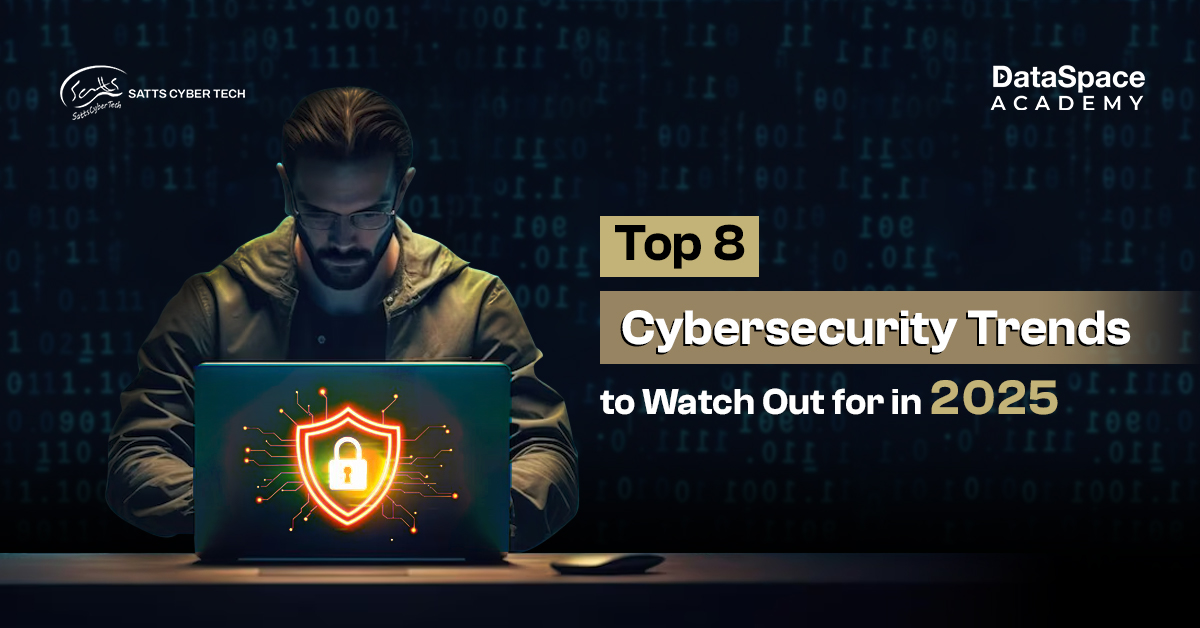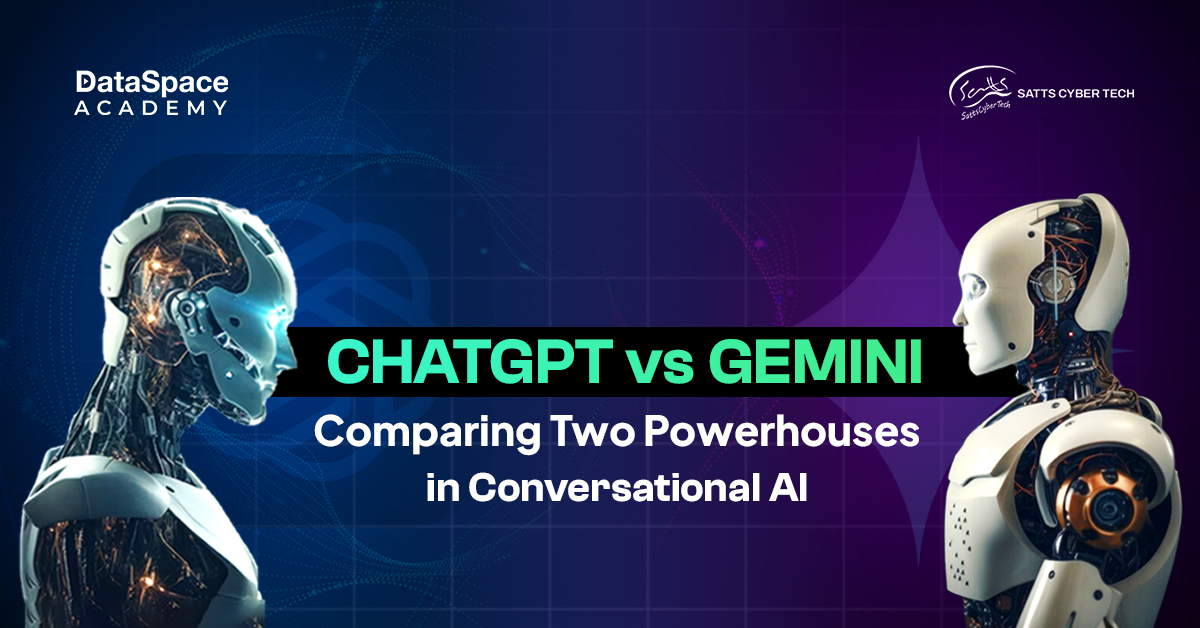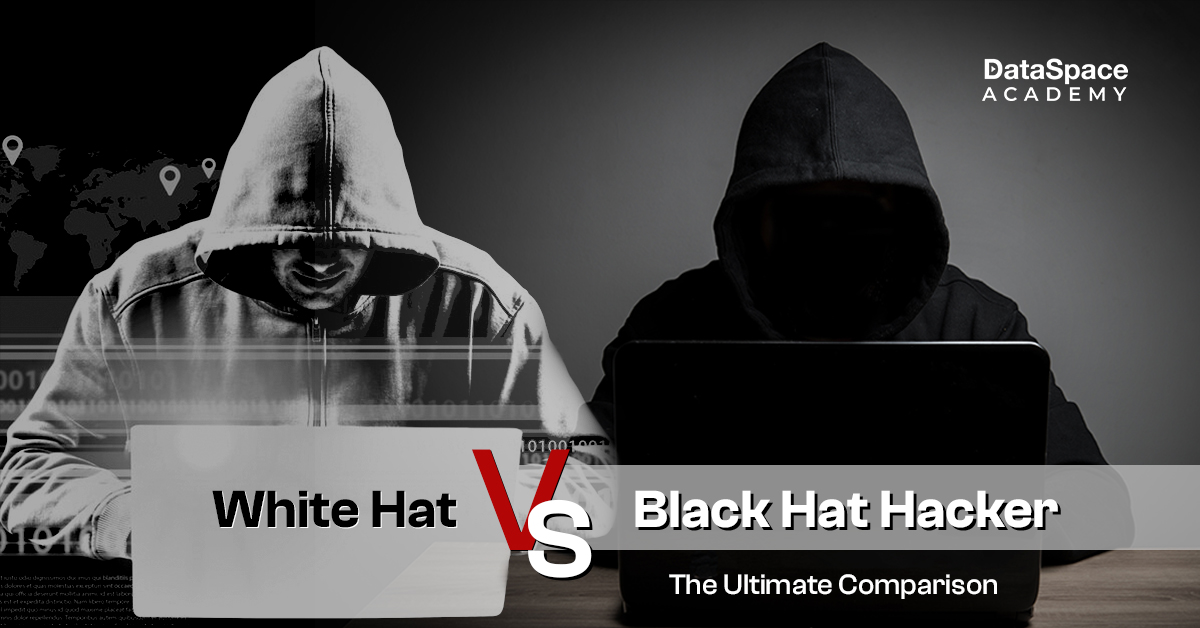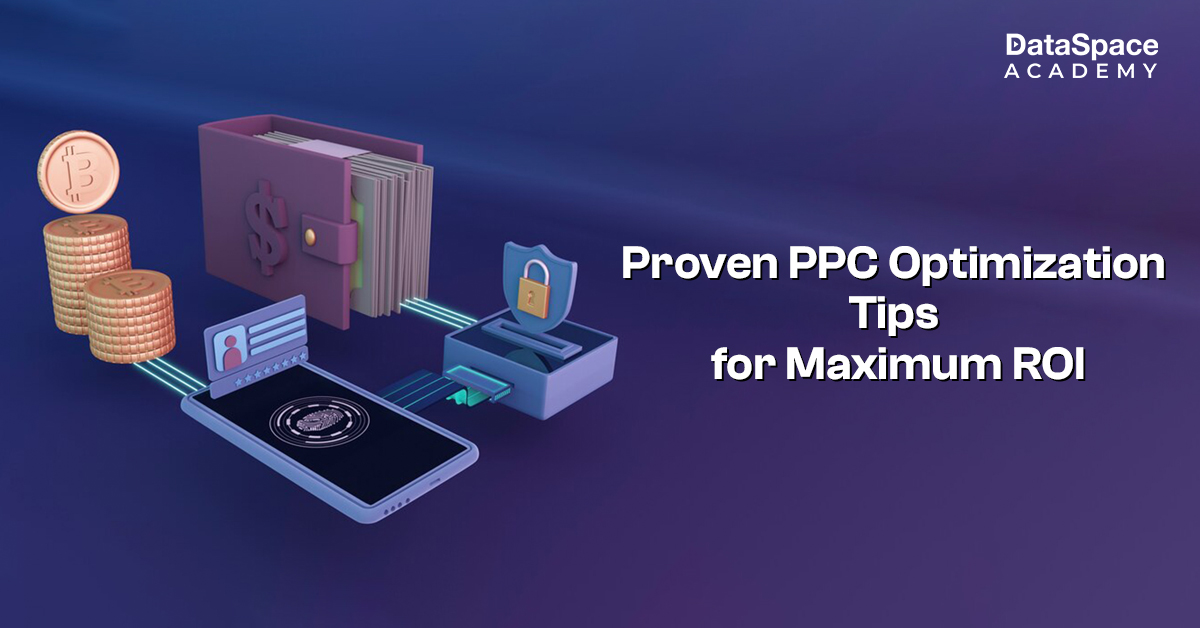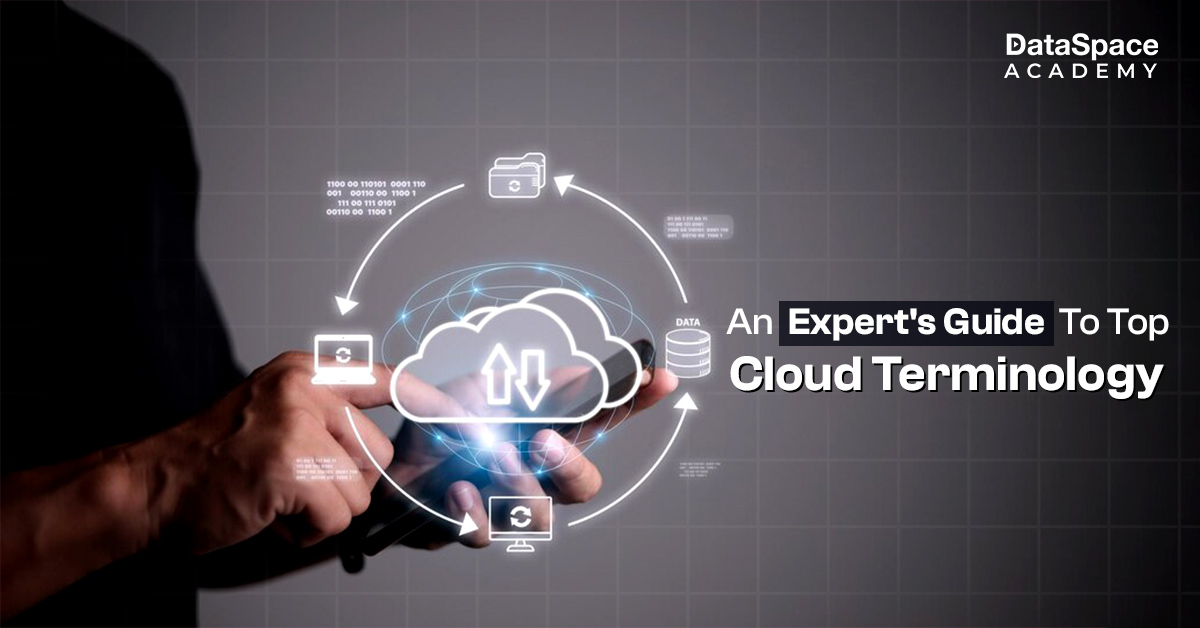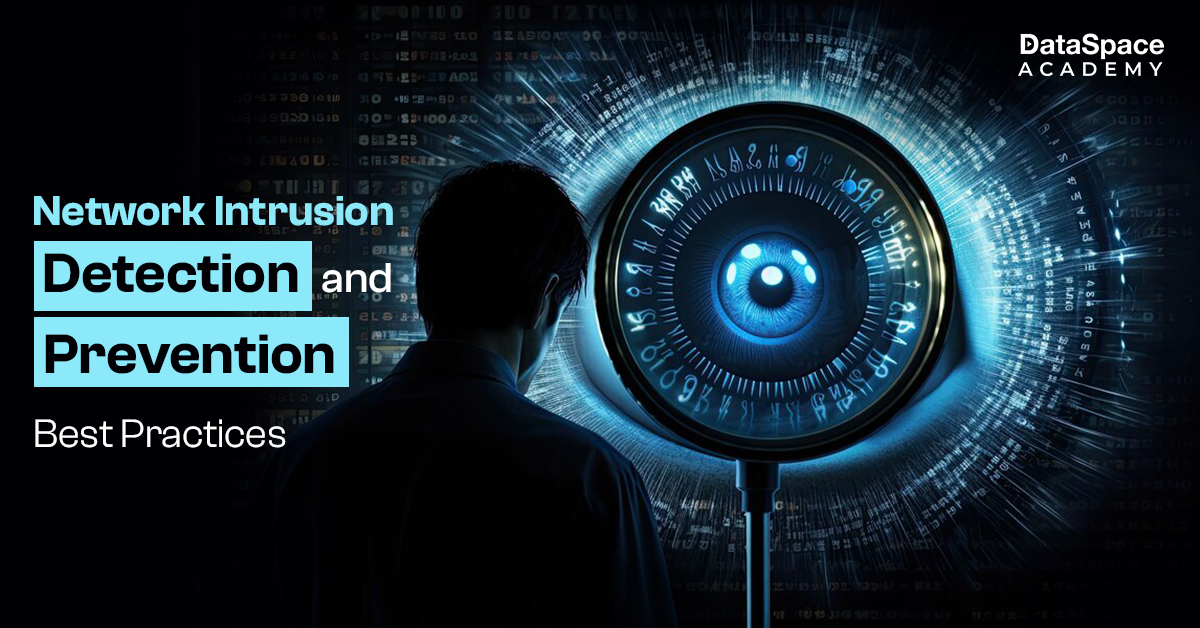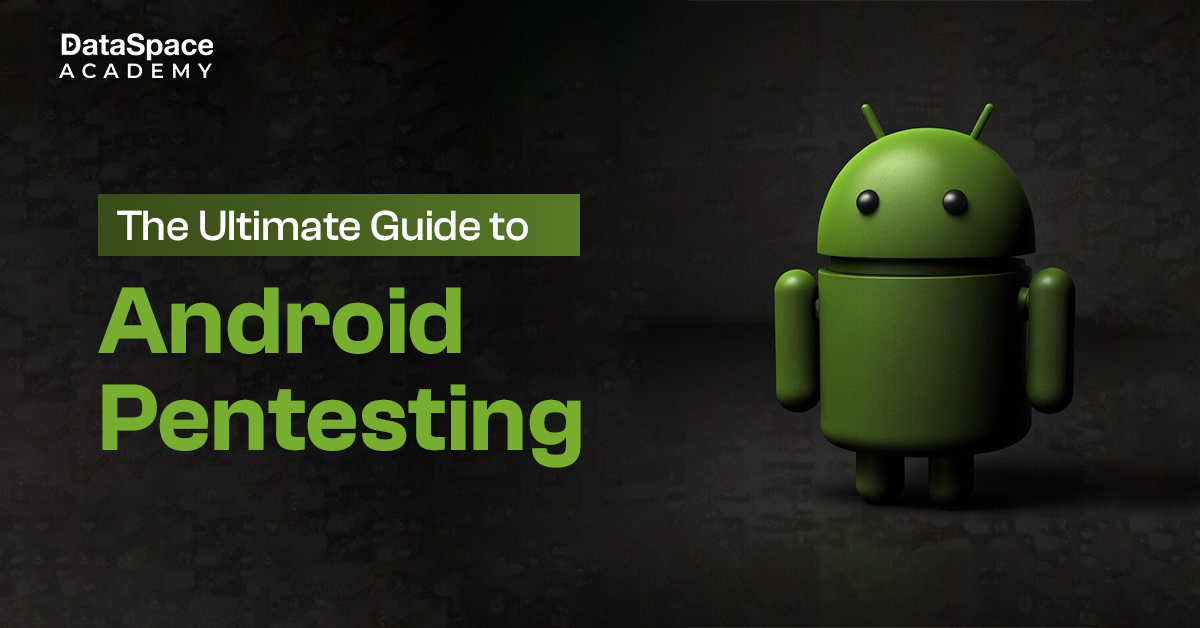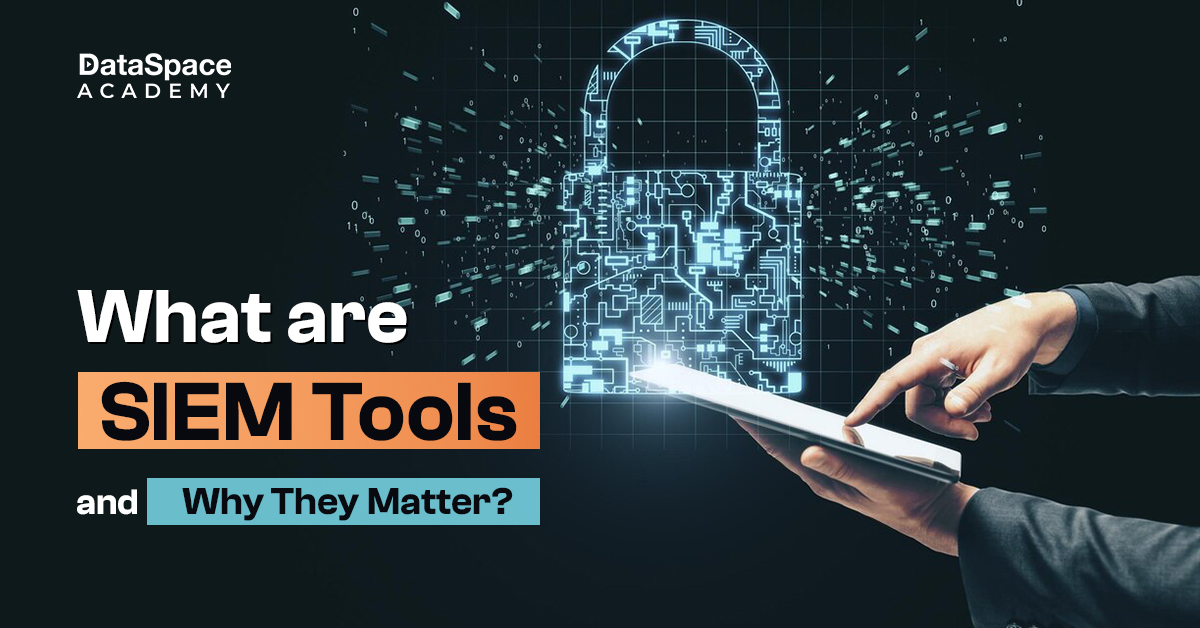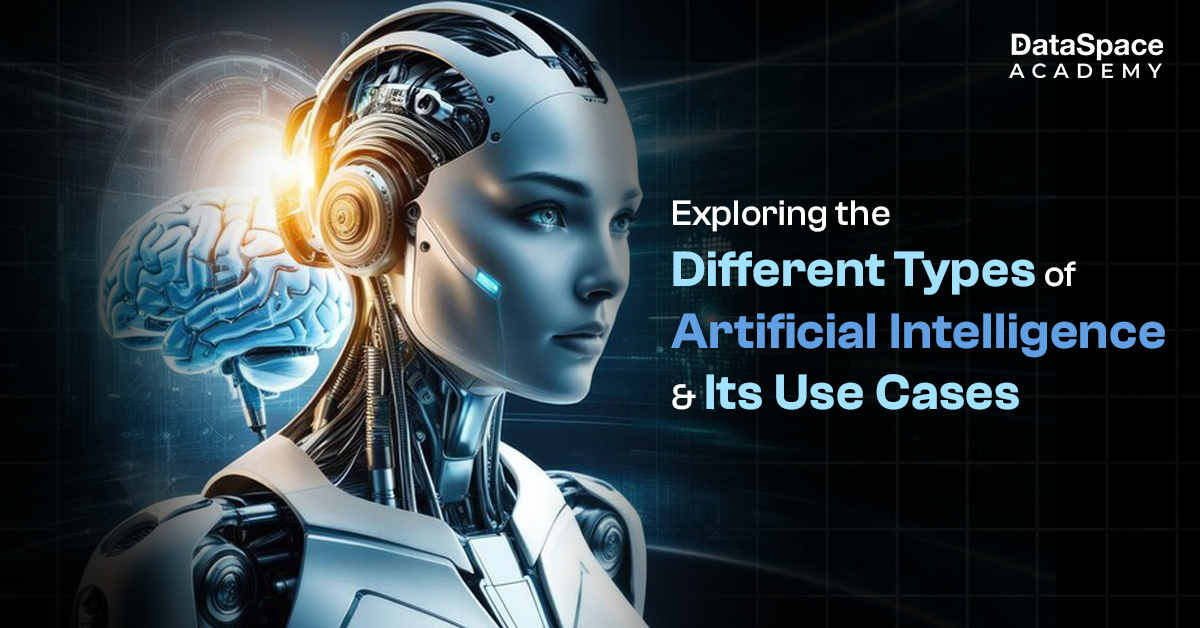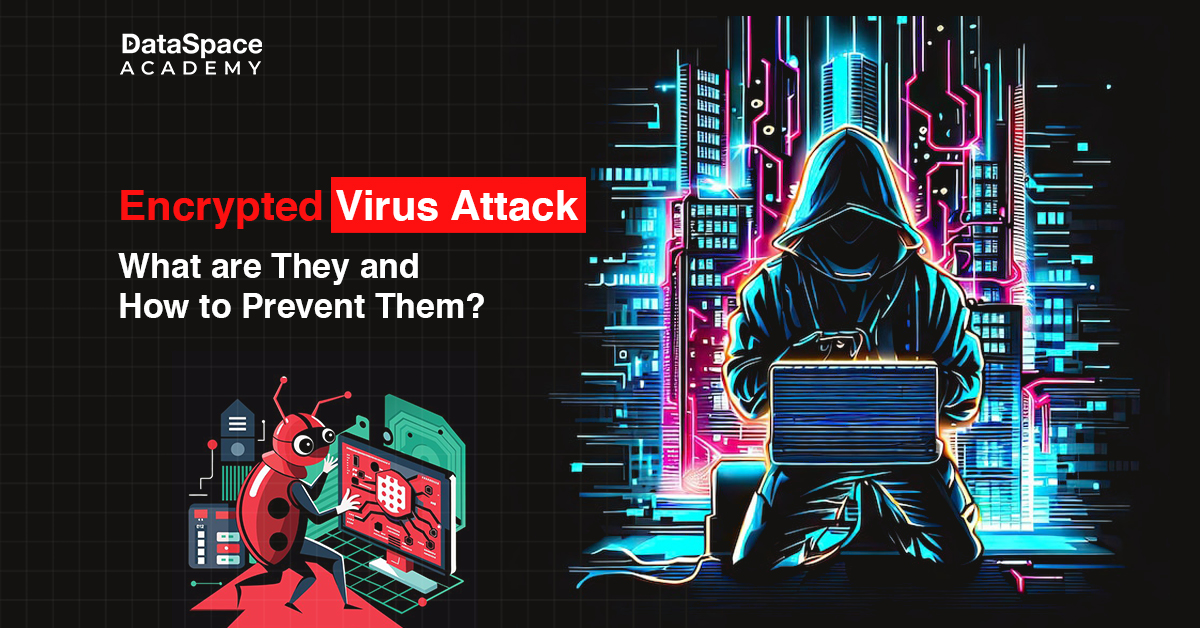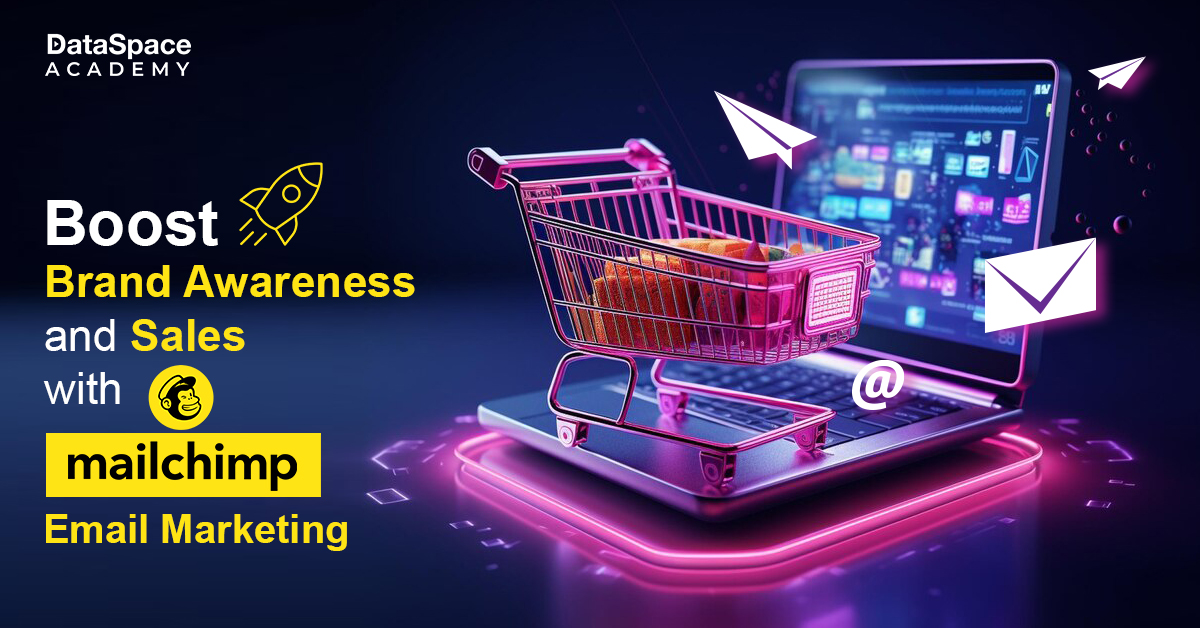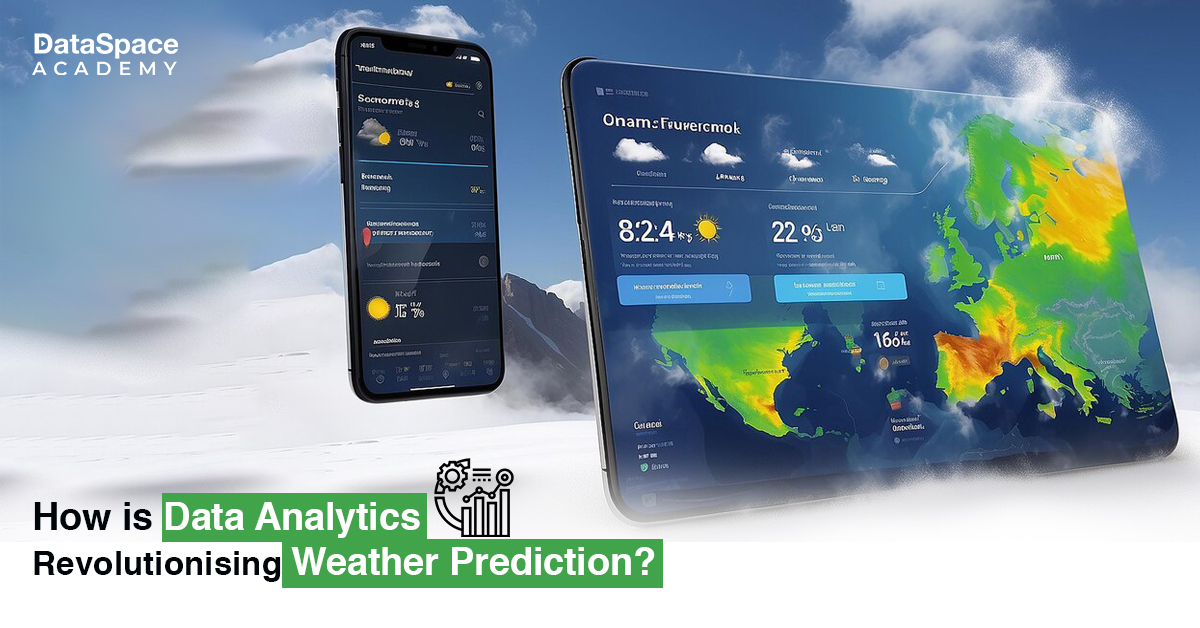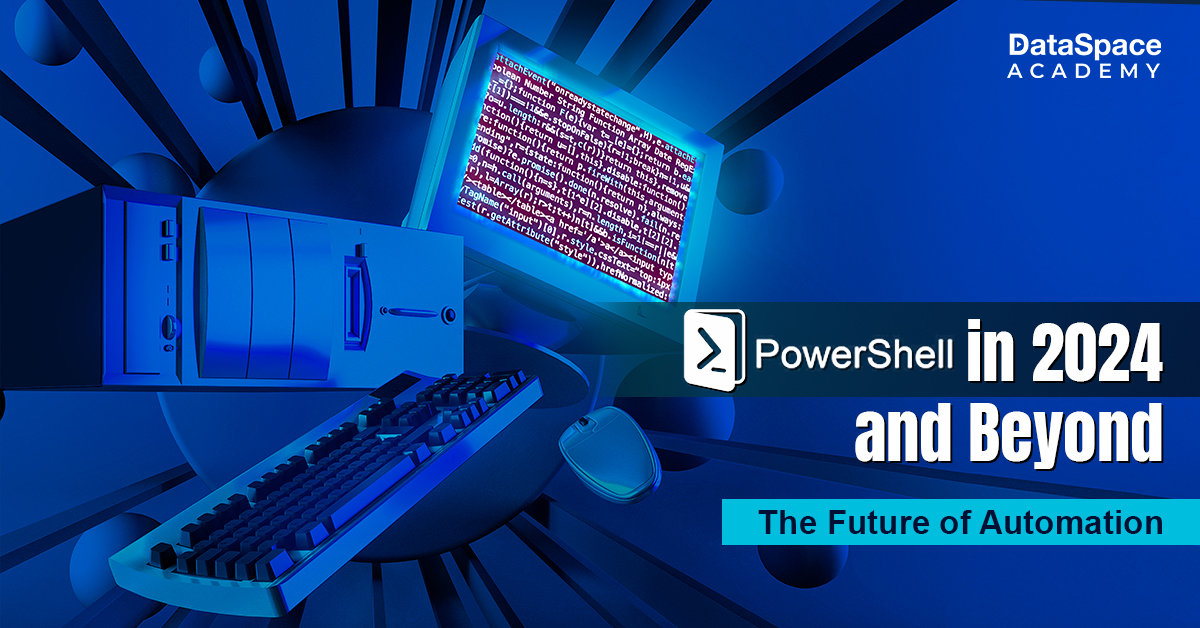Know the security and privacy of the Internet of Things
Last Updated : 11 Nov, 2021
 41.23K
41.23K

Know the security and privacy of the Internet of Things
Table of Contents
The special considerations required to protect individual information from exposure in the Internet of Things environment, in which almost any physical or logical entity or object can be given a unique identifier and the ability to communicate autonomously over the Internet or similar network, are known as the Internet of Things privacy.
Endpoints (things) in the Internet of Things privacy and security environment broadcast data autonomously, but they also collaborate and communicate with other endpoints. Interoperability of objects is critical to the IoT’s success, allowing networked pieces of a home, for example, to work together seamlessly.
Even fragmented data from various endpoints might produce sensitive information when gathered, collated, and evaluated.
The concept of networking appliances and other items is relatively new, especially in terms of the Internet of Things’ fundamental features of global connectivity and autonomous data transfer. As a result, security has not typically been considered in product design, posing a risk to even common household goods. Context Information Security, for example, discovered a flaw in a Wi-Fi-enabled light bulb that allowed them to control it remotely.
Concerns about IoT security and privacy
Despite its rapid growth, the Internet of Things still faces security and privacy concerns:
Security risks:
- IoT gadgets are connected to your computer or pc, posing a safety danger. Due to the dearth of protection, your personal records can be leaked even as the facts are being captured and communicated to the IoT tool.
- A patron network is used to hyperlink IoT gadgets. As a result, if the IoT device has any safety flaws, it may be detrimental to the client’s network. This flaw may be used to attack and damage different systems.
- Unauthorized people may additionally take benefit of security flaws to jeopardize bodily protection.
Privacy Concerns:
- Because IoT devices are coupled with a variety of hardware and software, there is a high risk of sensitive data being exposed due to illegal modification.
- All the devices communicate private statistics consisting of the consumer’s name, cope with, date of beginning, fitness card records, credit card information, and much extra without encryption.
Though there are worries about security and privacy, IoT brings value to our lives by allowing us to manage our everyday routine tasks remotely and automatically, and it is a game-changer for industries.
IoT uses across a variety of industries
Several organizations are now assisting businesses in utilizing IoT to address long-standing, industry-specific difficulties. They create IoT solutions that link things, collect data, and generate insights, all while reducing expenses, improving efficiency, and increasing income. Let’s have a look at the different industries that are using IoT solutions in the diagram below:
Internet of Things (IoT) Trends
If we implement IoT, we will increase our society’s and economy’s digitization by connecting items and people via a connection or communication medium. When it comes to device-to-device contact, IoT allows consumers to have more control over their daily lives through effective monitoring. Let’s take a look at the current state of IoT app development.
Wearable technology: Since the release of smartwatches and smart glasses, wearable gadgets have been a big issue in the tech industry. From fitness trackers to GPS sneakers, there are a plethora of wearable devices on the market today.
Connected Car: This is a relatively new concept that is likely to gain traction gradually. Developing an app for the automobile industry often takes two to four years. Connected car solutions are being developed by everyone from giant automakers to small start-ups. If BMW and Ford do not disclose Internet-connected car solutions soon, Google, Apple, and Microsoft will build and market the next generation of linked car solutions.
Smart Home: IoT provides us with a location where we can relax and conveniently manage our daily activities in our hectic lives. Smart thermostats, connected lights, smart fridges, smart televisions, smart door locks, and other smart home products are among the most popular.
Smart City: A smart city assists citizens in avoiding concerns such as traffic management, social security, environmental monitoring, waste management, and water distribution, among others. Improved IoT apps will aid in the resolution of different traffic, noise, and air pollution issues, as well as make cities safer.
The ransomware danger is enormous, and it is growing by the day. It’s likely that it’s already impacted you or someone you know, or that it will in the near future. Data loss, service failures, disrupted operations, and recovery has all been estimated to cost more than a billion dollars.
Share on facebook
Facebook
Share on twitter
Twitter
Share on linkedin
LinkedIn
 41.23K
41.23K



